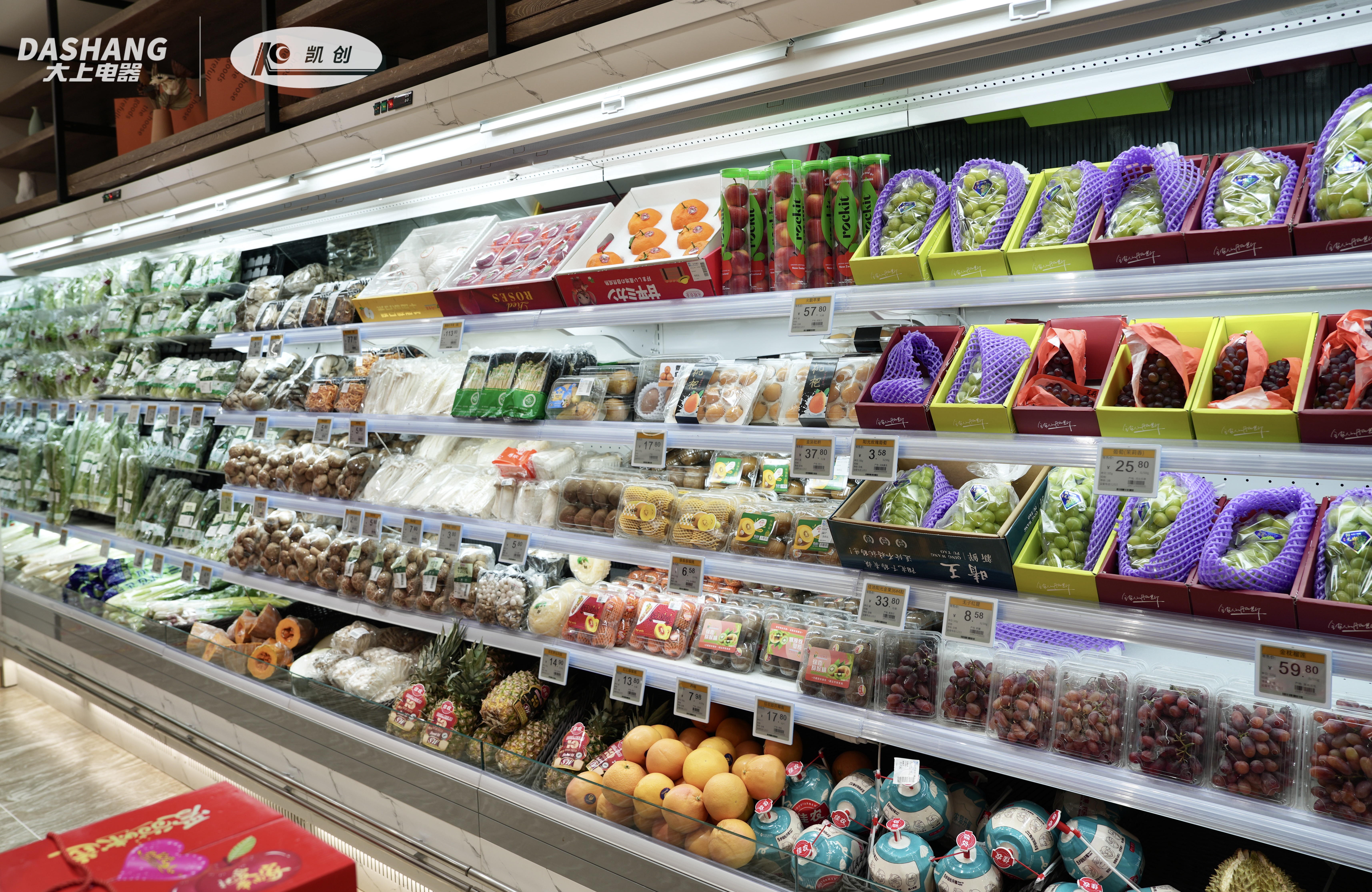In today’s fast-paced B2B industries, refrigeration equipment plays a critical role in preserving perishable goods, ensuring product quality, and optimizing operational efficiency. From restaurants and supermarkets to pharmaceutical and logistics sectors, high-performance refrigeration systems are essential for reducing waste, maintaining compliance, and supporting business growth.
Key Advantages of Refrigeration Equipment
Modern refrigeration equipment offers more than basic cooling. It provides energy efficiency, operational reliability, and technological innovation that help businesses stay competitive.
Core Benefits
-
Temperature Precision – Consistent cooling safeguards product quality and safety.
-
Energy Efficiency – Reduces electricity costs and minimizes environmental impact.
-
Durable Construction – Robust design supports intensive commercial use.
-
Flexible Storage Solutions – Adjustable shelving and compartments maximize space utilization.
-
Rapid Recovery – Quickly restores set temperatures after door openings, minimizing product spoilage.
Applications Across Industries
Refrigeration equipment serves as a backbone in multiple sectors:
-
Food & Beverage – Preserves freshness of ingredients and prepared foods.
-
Retail & Supermarkets – Extends shelf life of perishables and minimizes losses.
-
Hospitality & Catering – Supports large-volume storage without compromising quality.
-
Pharmaceuticals & Labs – Maintains controlled environments for temperature-sensitive materials.
Maintenance and Best Practices
Proper upkeep ensures refrigeration equipment remains efficient and reliable:
-
Clean condensers and fans regularly to maintain performance.
-
Inspect door seals to prevent air leaks.
-
Schedule annual professional servicing for optimal operation.
-
Monitor temperature logs to ensure compliance and detect anomalies early.
Conclusion
Investing in high-quality refrigeration equipment empowers B2B businesses to maintain product integrity, reduce operational costs, and improve efficiency across multiple industries. Choosing the right system ensures long-term value, compliance, and a competitive edge.
FAQs About Refrigeration Equipment
1. What is the difference between commercial and industrial refrigeration equipment?
Commercial units are designed for frequent, intensive use in restaurants or stores, while industrial systems cater to large-scale manufacturing or logistics needs.
2. How can refrigeration equipment reduce operational costs?
Modern systems are energy-efficient, minimize spoilage, and optimize storage, reducing overall operational expenses.
3. What maintenance practices are recommended for refrigeration equipment?
Regular cleaning, inspection of seals, and professional servicing help maintain performance and prolong lifespan.
4. Can refrigeration equipment be customized for different business needs?
Yes. Many suppliers offer adjustable shelving, modular designs, and specific temperature controls tailored to business requirements.
Post time: Oct-28-2025





